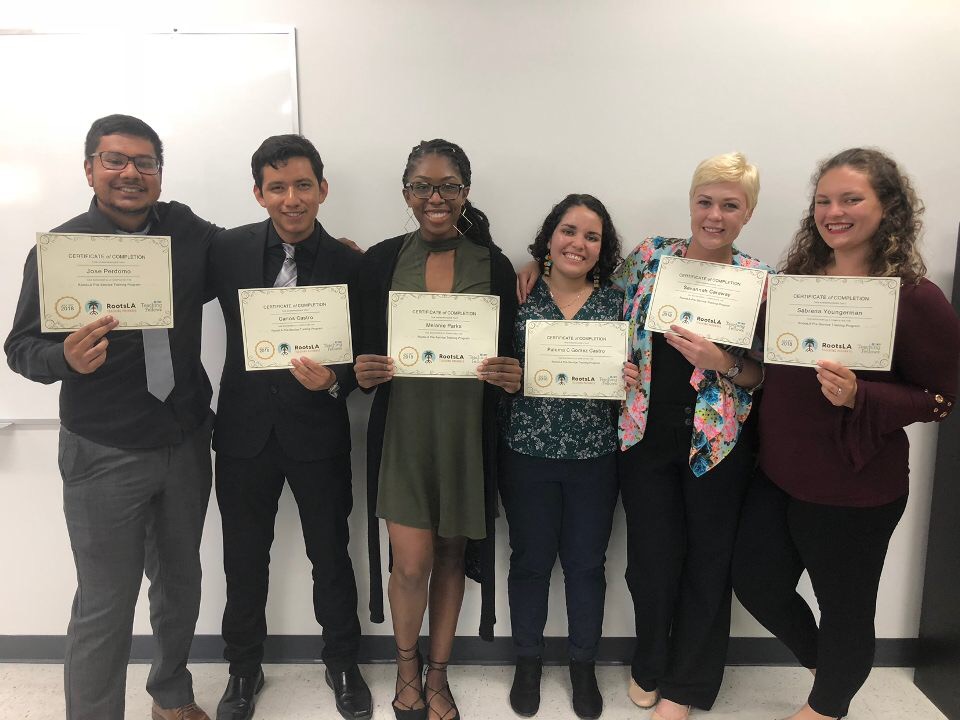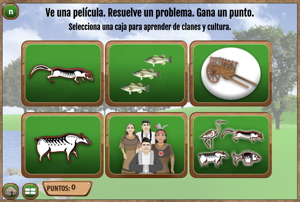
Everyone has biases. “But wait Sabrena, what do biases have to do with checking yourself?” Well, let me tell you. I’m sure we’ve all heard the phrases “check yourself before you wreck yourself” and “take a look in the mirror before you judge anyone else.” As much as we try not to, we are always judging other people.
Over the summer during my teaching fellowship, I worked with students from low-income communities. Many of them were native Spanish speakers. Now not all of them struggled with English, but there was a significant amount of students that did, both academic and non-academic. This was a terrible struggle in my 9th grade English class. Because what are most of the assignments in an English class? Papers, essays, written discourse, however you want to call it, my students had to write a minimum of five paragraphs on the topic they were given. Each week. Out of 20 students, less than a quarter wrote a full five paragraphs that actually responded to the topic.
While walking around the classroom looking at some of my students’ work, I couldn’t help but think “this really isn’t that difficult, how could you be struggling so much you’re supposed to be in high school, how did you make it here?” And then I would stop myself. As I looked around the room at the 90% Hispanic population in my room, I realized it wasn’t necessarily something they could control. They were a victim of biases just like the ones I had. The biases that say that because you come into class without clean clothes or a pencil, you won’t be able to learn today. The biases that say that just because you can’t speak English as well as the rest of the class, you won’t make it. The biases that say that because you’re in a credit recovery class you did something wrong and you failed.
What most people don’t understand, and what I didn’t understand at first, is it’s not the students failing, it’s the system. What do I mean by that? Well, when you have teachers who let their preconceived notions about certain groups of students affect how they teach them, those students will get less of a quality education and will be more likely to end up in credit recovery classes in high school because their elementary school teacher couldn’t take the time to help them learn properly in the early stages of their education.
Being around such a diverse group of educators and students over the summer made me realize three things.
1) You cannot completely eradicate your biases, but you can control how you respond to them. When you see Miguel waltz into the classroom like a cholo, and you immediately think he’s a lost cause. Stop yourself, back-track, and remember it’s that same exact thinking that got him to where he is now. All he needs is a little help, a little guidance, and a damn good teacher.

There is no greater way to understand people than to literally speak their language
Here at 7 Generation Games, we make games- like Making Camp Bilingual Whether it’s for a student trying to improve English or for a teacher trying to improve Spanish, it’s a great, fun way to learn. An added bonus is the Ojibwe history cultural content. Learn while you learn! (Yes, I meant to say that. Check it out, you’ll see what I mean.)

2) Life is so much more fulfilling when you know multiple people with different backgrounds. I have always dreamed of backpacking through Europe. But now that I think about it, I need to expand my travel plans. If I only go through the “best parts” of Europe I won’t have any diversity in my trip. I need to visit Asian countries, South American countries, African countries, to get a better sense of the world and the people in it. I know that I will be a better person because of it. And a more enlightened one too.
3) Something that may seem small to you, could have a life-altering impact on a student. Students want to succeed even more than you want them to, but there’s a barrier. They are afraid to fail, or they’ve already failed so many times they’ve given up. You have to be the one to break through that and change their perceptions of educators. You have to be the one to teach them that they were not meant to fail and they will succeed. Teach them that you believe in them, and then they’ll start to believe in themselves. I promise they will remember that for a lifetime.
My “parting words of wisdom” are to always remember that you never can really know what another person is experiencing. Be kind, be humble, and always try to see the best in people, especially students.

